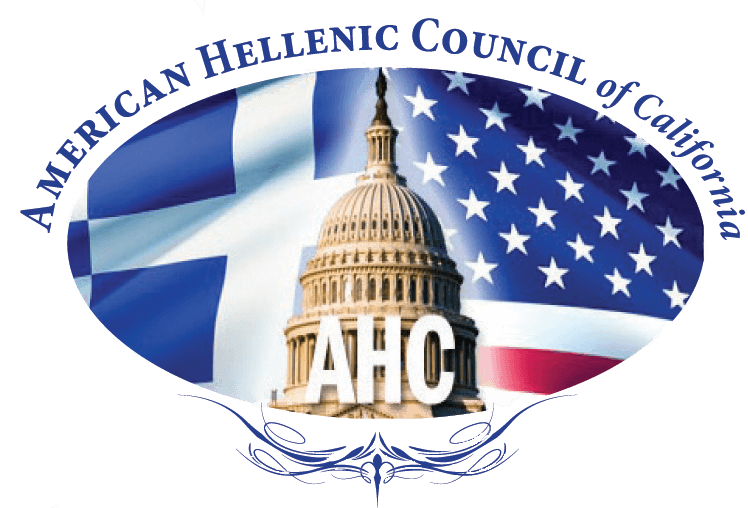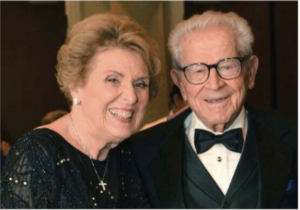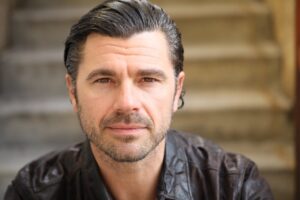In 2004, a referendum concerning the sovereignty of Cyprus came to popular vote under the Annan Plan. The plan, drafted by UN Secretary-General Kofi Annan, stipulated the formation of a United Cyprus Republic with two constituent states: the Greek Cypriot State and the Turkish Cypriot State; 65% of Turkish Cypriots supported the referendum, however, only 24% of Greek Cypriots supported it and, as it required unified support, the Annan Plan never came into fruition.
The Annan Plan
The Annan Plan and the Sovereignty of Cyprus

The beginning stages of the Annan Plan began in 1999 with the UN Secretary-General visiting Turkey and U.S. President Bill Clinton visiting both Turkey and Greece. In early December of that year, Mr. Clinton began proximity talks in New York. The USA, the UK, and Turkey all maintained a vested economic interest in Turkey joining the EU; the resolution of the Cypriot issue, and Cyprus’s ensuing entrance into the EU, thus played a critical role as many viewed that a solution would propel forward Turkey’s own EU membership.
After many years of discussion spanning both sides of the Atlantic, in 2002 a first draft of the Annan plan emerged. Later that same year, a second draft emerged which stipulated that, regardless of the referendum’s outcome, Cyprus would become a member nation of the EU on May 1, 2004. However, the stipulation also expressed that, were unification not be ratified, then the current “Republic of Northern Cyprus” (the Turkish occupied territory) would not be granted EU membership. Turkey, however, would experience no delays in its own accession processes into the EU; they would begin shortly after Cyprus’s in December of 2004.
Still unsatisfactory to all parties involved, Alvaro de Soto (Special Advisor to UN Secretary-General Annan) and his team drafted a third, “final” version of the Annan plan. However, when brought to the Greek and Turkish Cypriot leaders, Rauf Denktaş, the president of Occupied Cyprus, refused to participate, claiming that the plan was unacceptable for Turkish Cypriots.
After drafting fourth and fifth versions of the plan, a referendum on a final version occurred in April of 2004. In its fifth version the plan advocated the following:
- The creation of a new country, the United Cyprus Republic, which was to be separated into two constituent states, the Greek and the Turkish Cypriot State, and unified under a federal government
- The federal government would consist of:
- A six-member presidential council made up of four Greek and two Turkish Cypriots, to be voted in by parliament
- A president and a vice president, chosen by the council and one from each community, to alternate in function every 20 months during the council’s five-year term
- A bicameral legislature consisting of a Senate with 48 seats (24 from each community) and a 48-member Chamber of Duties, divided proportionally to each community’s population (but never being below 12)
- A supreme court appointed by the presidential council with equal numbers of Greek and Turkish judges as well as three foreign judges
- A federal constitution as well as a constitution for each state
- A unified Cypriot flag
- A national anthem
- A reconciliation committee to bring the Turkish and Greek communities closer together
- A limited right to return between the territories of the two communities
- The allowance of Greek and Turkish troops to remain on the island permanently with large reduction in troop number
Those international players in favor of the bill believed it to be the only realistic opportunity to solve the conflicts on the island. They argued that the Annan Plan was a unique historical moment to unite the two communities that had been missed by Greek Cypriots turning down the proposal. Those against the plan believed it to violate fundamental human rights and international law by more or less legitimizing the Turkish invasion of the island in 1974. They claimed the deal to favor UN, NATO, US and EU interests, while not taking heed of actual Cypriot concern; in short, they argued that the plan would only further destabilize the island.
Reasons for Turkish Cypriot support:
Increased economic power;
Would receive disproportionate political power in relation to population size;
Majority of voters were not Turkish Cypriots, but Turkish settlers;
Territory secured would include economically valuable zones inhabited exclusively by Greek Cypriots prior to the invasion in 1974;
The Right to Return of Greek Cypriots would have been extremely limited, hence land owned by Turkish Cypriots would not be encroached upon;
Assumed that Turkey would still maintain much political sway on the island, still maintaining the right to intervene;
Did not assign any consequence nor blame for invasion of 1974 on Turkey;
Reasons for lack of Greek Cypriot support:
The United Cyprus Republic would have been answerable to Turkey;
Cyprus would lose rights to its Exclusive Economic Zone and treaties it maintained concerning Egypt to Turkey;
Turkey was permitted to permanently maintain occupying troops on the island;
Turkish Cypriots would receive a disproportionate amount of political power;
Annan Plan did not address issue of Turkish settlers living illegally in Cyprus; it actually granted them citizenship, disregarding the Geneva Convention;
Too much economic control over parts of the islands territorial waters was granted to Britain;
It absolved Turkey of any responsibility for the invasion of Cyprus and all war crimes committed during in that time;
The plan did not include promising property rights nor Right to Return rights to Greek Cypriots;
The cost of economic reunification, approx. 20 billion USD, would have been borne on Greek Cypriots;
Key issues that are critical to Cypriots and must be included in any proposed settlement:
Removal of all illegal Occupation Troops;
Removal of the arms embargo on the Republic of Cyprus;
Illegal Turkish mainland settlers to return to Turkey;
Full accountability of the 1100+ missing;
Restoration of Famagusta (Varosha) to the Republic of Cyprus;
Compensation to the lawful owners for properties illegally seized;
Recognition of the sovereign rights of Cyprus over EEZ zone in accordance to the Law of the Sea Convention.





